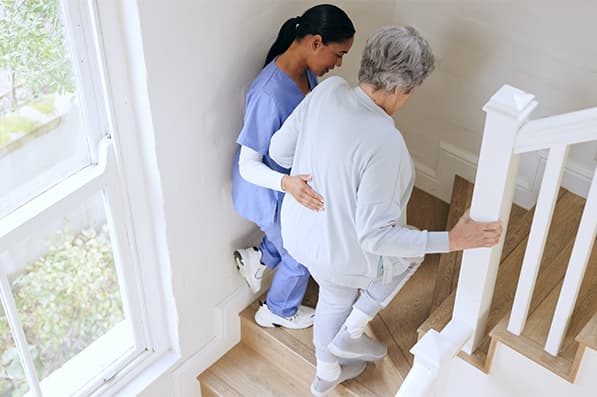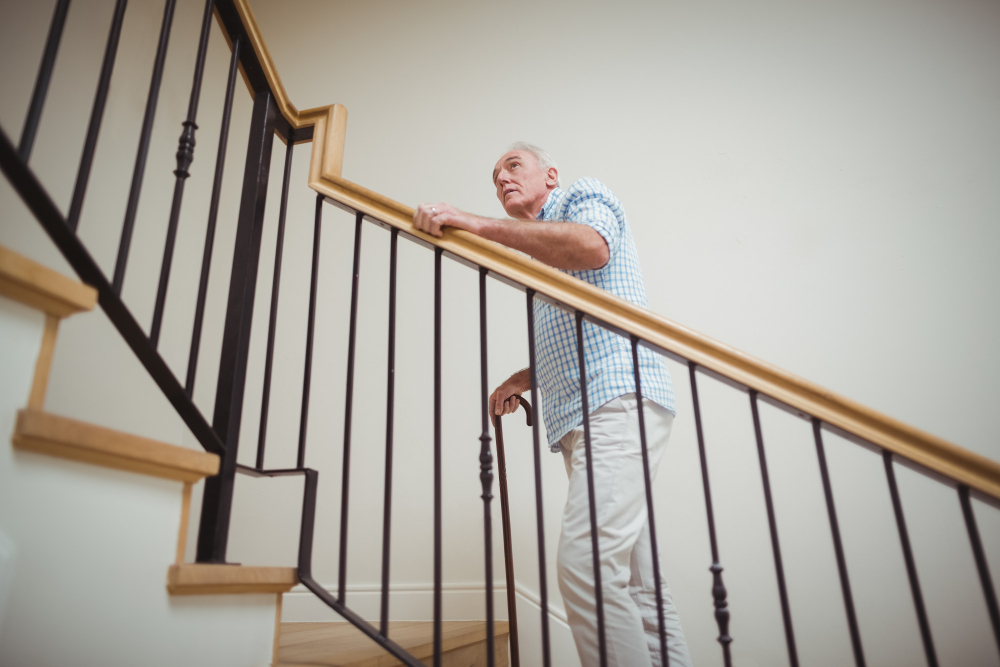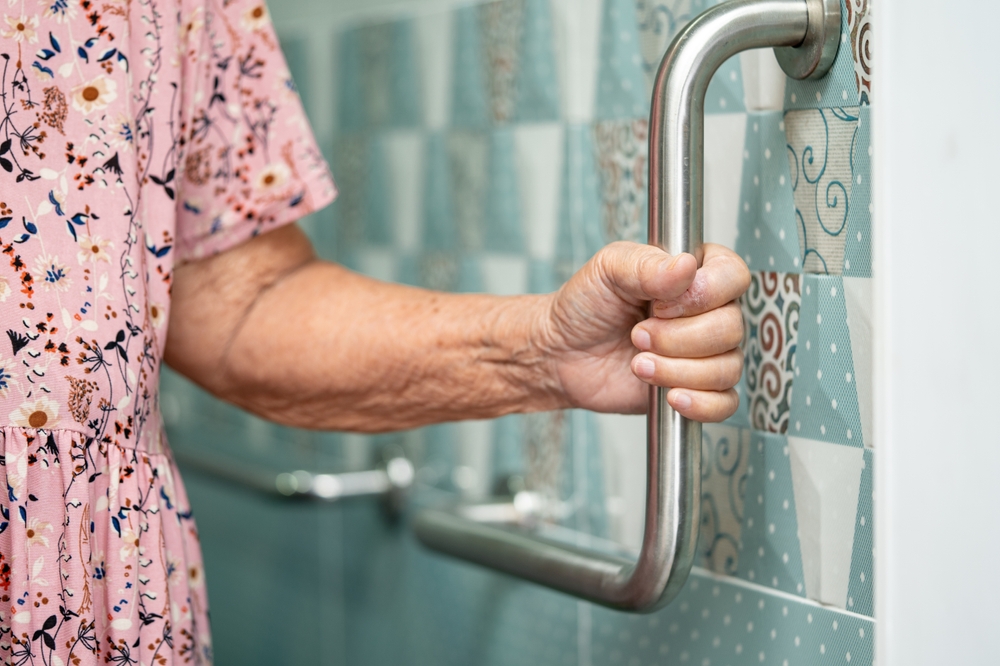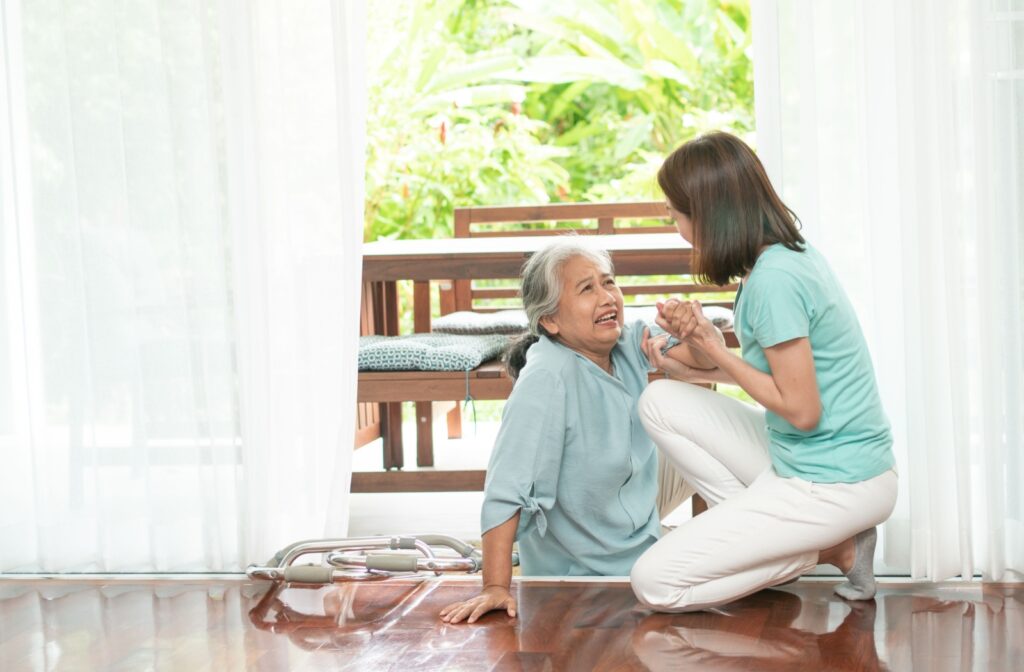As our loved ones age, ensuring their safety and well-being becomes a primary concern. One often overlooked yet incredibly beneficial solution is introducing elderly friendly pets for home safety. These pets not only offer companionship but also contribute significantly to a safe home environment.

Why Choose Pets for the Elderly?
Pets have been shown to improve emotional well-being, reduce stress, and even lower blood pressure. For the elderly, they provide a sense of purpose and routine. More importantly, certain pets can enhance home safety by providing alerts in emergencies or preventing accidents.
Top Elderly Friendly Pets
1. Dogs
Dogs, especially smaller breeds, are ideal companions. They can alert their owners to dangers like smoke or intruders. Additionally, dogs encourage physical activity, which is vital for maintaining mobility in seniors.
2. Cats
Cats are low-maintenance and provide excellent emotional support. Their presence can be calming, and they require minimal effort to care for, making them perfect for seniors with limited mobility.
3. Birds
Birds, such as parakeets and canaries, offer companionship with their vibrant personalities. They require less space and are relatively easy to care for, making them suitable for apartment living.
Benefits of Pets for Home Safety
Companionship and Emotional Support
Pets provide unwavering companionship. This emotional bond can help combat loneliness and depression, common issues among seniors living alone.
Physical Activity and Health
Pets, particularly dogs, require regular walks, ensuring that their owners also stay active. This physical activity is crucial for maintaining a healthy lifestyle and reducing the risk of conditions like obesity and heart disease.
Security and Safety
Certain pets can significantly enhance home security. Dogs, known for their alertness, can deter potential intruders. Additionally, their keen senses can detect unusual activities or changes in the environment.
Choosing the Right Pet
When selecting a pet, consider the senior’s lifestyle, health, and living arrangements. Smaller, low-maintenance pets are generally more suitable for elderly individuals.
1. Energy Level
Choose a pet with an energy level that matches the senior’s activity level. A highly energetic dog might not be suitable for someone with limited mobility.
2. Allergies and Health Concerns
Consider any allergies or health conditions. Some seniors might have respiratory issues that certain pets could exacerbate.
How Pets Improve Home Safety
Pets, especially dogs, provide an added layer of security. Their acute senses can alert seniors to potential hazards, such as fires or gas leaks, ensuring timely action is taken.
Training Pets for Safety
Training pets to respond to specific commands or situations can further enhance their role in home safety. For example, teaching a dog to fetch a phone or alert neighbors in an emergency can be lifesaving.
Integrating Technology with Pet Care
Incorporating technology can streamline pet care. For example, automated feeders and smart collars can ensure pets are well-cared for even when the owner is not home.
Voice-Activated Devices
Utilize voice-activated devices to assist with pet care tasks. These devices can remind seniors of feeding times or help them control pet-related gadgets.
Common Challenges and Solutions
While pets offer numerous benefits, there are challenges to consider. These include the financial cost of care and potential health risks. However, many solutions exist, such as pet insurance and regular vet visits.
Financial Considerations
Pets come with ongoing expenses. It’s essential to budget for food, healthcare, and other necessities. Pet insurance can help mitigate unexpected veterinary costs.
Health and Hygiene
Maintaining a clean environment is crucial. Regular grooming and vet check-ups can prevent health issues for both the pet and the owner.
Real-life Stories of Pets Enhancing Safety
Many seniors have shared heartwarming stories of pets alerting them to dangers or providing comfort during difficult times. These real-life accounts underscore the invaluable role pets play in promoting safety and well-being.
Conclusion
Introducing elderly friendly pets for home safety can significantly enhance the quality of life for seniors. They offer companionship, promote physical activity, and provide an added layer of security. By carefully selecting the right pet and integrating technology, seniors can enjoy a safe and fulfilling life with their furry or feathered friends.
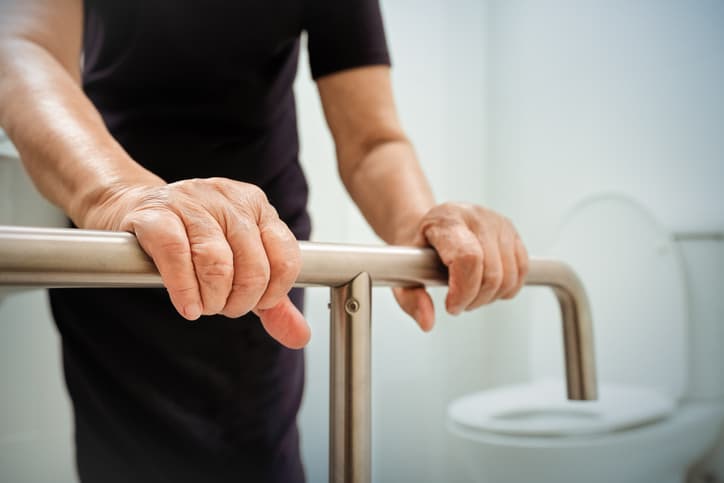
FAQ Section
1. What are the best pets for elderly individuals?
Small dogs, cats, and birds are often recommended due to their manageable care requirements.
2. How can pets improve home safety?
Pets can alert their owners to potential dangers, such as intruders or environmental hazards, enhancing overall safety.
3. Are there any risks associated with elderly individuals owning pets?
While pets offer numerous benefits, it’s essential to consider allergies, mobility issues, and the financial cost of care.
For more on senior safety, visit this guide on home safety for seniors.
This article contains affiliate links. We may earn a commission at no extra cost to you.

